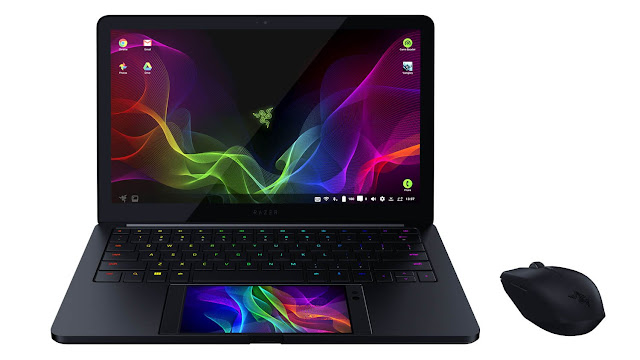What will future technology be like? Can you answer that? We
can make educated guesses about next year’s flagship smartphone or when 5G will
be available and the list is frankly, massive. But what about in 10 years’ time
or 50 or 100 years’ time?
Spotify officially launched in 2008, currently 10 years ago
and Google’s OS, Android came to the world in 2007. Portable calculators and
audio cassettes occupy the 60s, over 50 years ago, while over 100 years ago,
humans were only starting to fly and create land transport in the form of
vehicles. As technology continues to evolve, we, as humans, learn to adapt to
tasks that would have be previously difficult or impossible but have now become
a thing of the past.
Let’s take a look at the smartphone industry, one of the
fastest growing industries, by quickly analysing the promptness of upgrades,
updates and advancements in hardware and software. There are signs that
smartphones and smart devices in general are becoming the main approach to
complete daily commercial and personal tasks for companies and people alike.
Virtually every person has a smartphone/device of some sort, regardless of age,
a common practice in this decade. This demand has increased the need for
software development in all forms that will assist and make daily jobs and the tasks
of its users easier which in turn has driven a competition in terms of OS
updates and upgrades. In the past, Microsoft and Apple lead the world in
commercial operating systems for devices (I have purposefully excluded
Linux/Unix due to open-source/community) with each iterative main update being
birthed every few years with minor update support between the years. As we look
at Android and IOS, these major updates are consistently spaced closer together
in terms of release dates due to demand for software’s marriage to hardware.
This is, in part, fueled by the demand for greater specifications and features
simplifying an individual’s daily schedule. Couple this with state-of-the-art hardware
in smartphones and you’ve got a pretty powerful computer. I say computer because
as high-end hardware gets smaller yet better and consumers rely more on their
smartphones rather than their laptops, desktops or personal computers, a trend
starts to present itself in the form of smartphones taking over PCs.
Applications and their support have come a long way as hardware
catches up to software (software is only restricted by hardware) and many of
today’s tasks can be accomplished by applications, that are continually becoming
more advanced, right there on your smartphone. Innovative companies such as
Samsung and Razer, among others, have introduced desktop support, DEX and
Project Linda respectively, allowing a user’s mobile smartphone to become the
hardware and software, in the form of desktop operating systems, only relying
on peripherals such as mouse, keyboards and monitors much like an ordinary PC
but without the need for bulky hardware and the like. This does not mean that
desktops/laptops will be a thing of the past, as certain tasks still require
expert machines, but tasks capable of being completed by smartphones can be
done with portability and ease of use through smartphones.
Nearly 20 years ago, the world welcomed the Nokia 3310.
Nearly 15 years ago, the world welcomed the Motorola Razr and 10 years ago,
Apple and Blackberry gave us the iPhone 3G and Bold, respectively. What will
the next 10 years give us?


Comments
Post a Comment